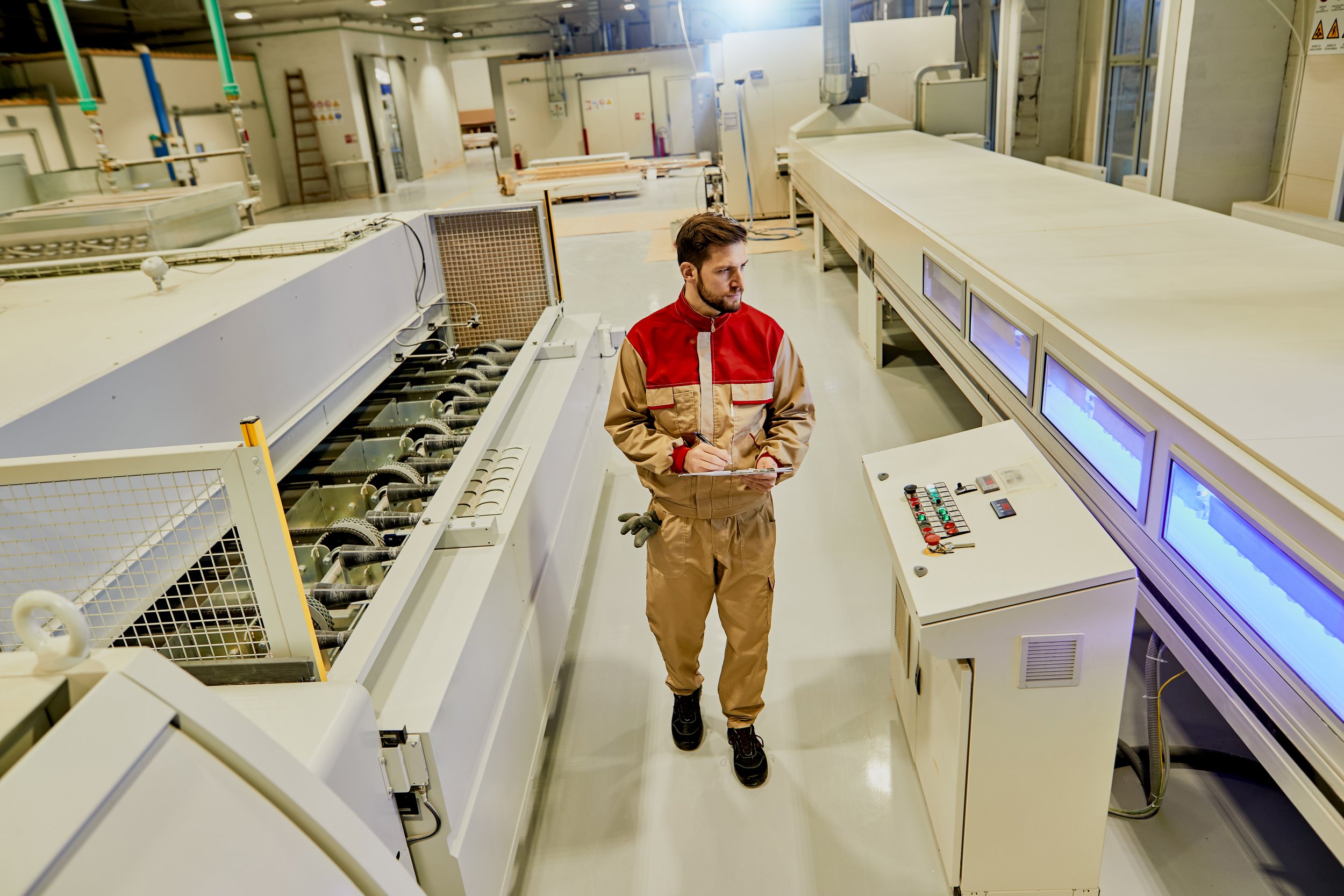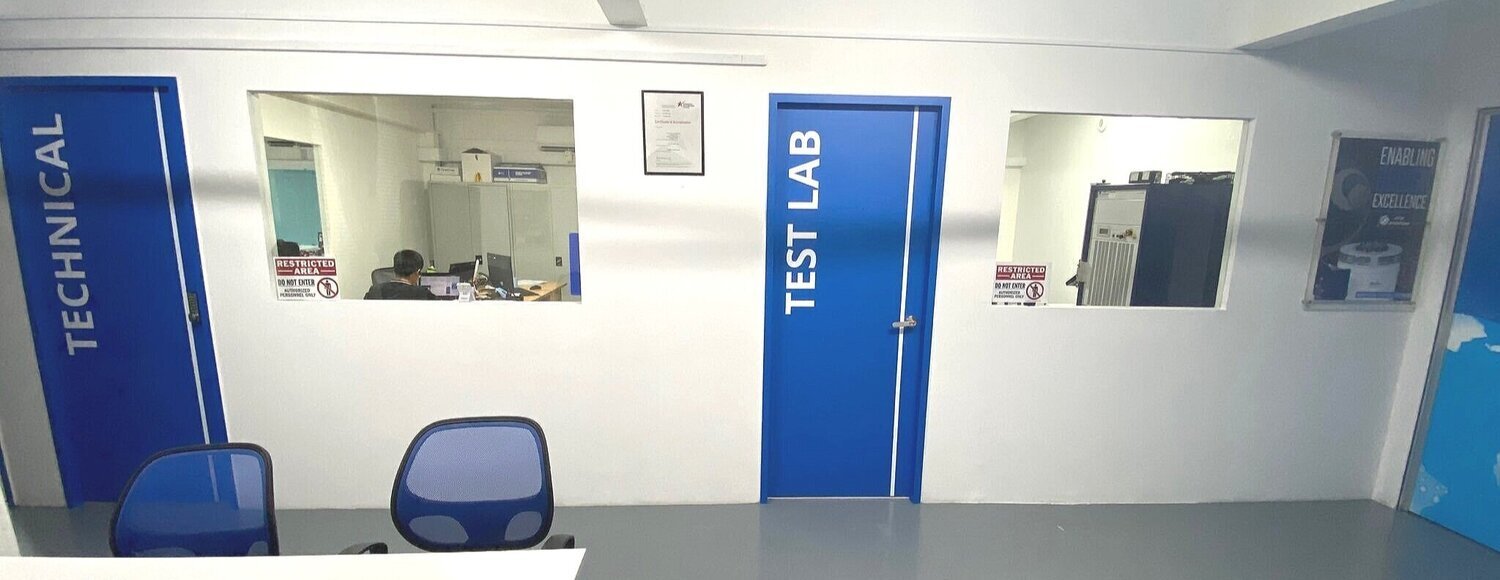Why Is Calibration Critical for Manufacturing Equipment?
Manufacturing calibration ensures accuracy and consistency for measuring tools by comparing against reference calibrating equipment, and then making adjustments as necessary. The primary significance of calibration is that it maintains accuracy, standardization and repeatability in measurements, assuring reliable benchmarks and results. Without regular calibration, equipment can fall out of spec, provide inaccurate measurements and threaten quality, safety and equipment longevity.
Accuracy in manufacturing is a key metric when it comes to the quality and performance of a process or finished product. If a part is not produced within a customer’s required specifications, which are determined by the application of the product, there are more than likely going to be negative consequences. So why is calibration important? The importance of accuracy in manufacturing illustrates the importance of calibration as well, since manufacturing equipment must be correctly calibrated in order to perform to specifications. Without properly calibrated equipment, it’s impossible to achieve the necessary level of accuracy and ISO quality requirements.
Why is accuracy critical in manufacturing?
The most important reason that accuracy is a critical standard in manufacturing is the quality and safety of the finished part. Inaccurate parts – those outside of the required tolerance – cannot be used because the likelihood of them functioning properly is very low.
In addition to quality, performance and safety, inaccurately manufactured products caused by uncalibrated machinery can result in the following:
High rates of rejected parts — Improperly calibrated machinery creates inefficiencies in production and results in wasted materials. If your quality control processes don’t reject inaccurate parts, your customers surely will.
Cost and time overruns — High numbers of rejected parts will require either additional production to replace them or additional finishing processes to bring them up to spec. These requirements will extend production time and threaten deadlines. They will also add process costs that cannot be passed on to the customer.
Make-good requirements — If inaccurate parts are delivered
Make-good requirements — If inaccurate parts are delivered late, the customer may require additional production at no cost to them or worse, may choose to take their business elsewhere.
Reputation damage — Unhappy customers may leave poor online reviews about your services, putting your brand and your pipeline of new customers in danger.
The importance of calibration in manufacturing
What is the importance of calibration? Calibration plays a major role in avoiding the production of inaccurate parts, so the advantages of calibration for your machinery and measuring equipment cannot be overstated. There are several facets of calibration in manufacturing but in general, calibration is important in these two key areas:
Calibration for measuring equipment ensures that your quality control processes are accurate and that you’re not accepting parts that should be rejected.
Calibration for manufacturing machines creates a more efficient process by ensuring that equipment is operating as expected. Improperly calibrated equipment will result in unpredictable manufacturing results and inaccurate products.
How Can We Help You?
Interested in our Testing & Calibration services? Send us your inquiry via the Testing & Calibration Lab Form and we will be pleased to help you.


